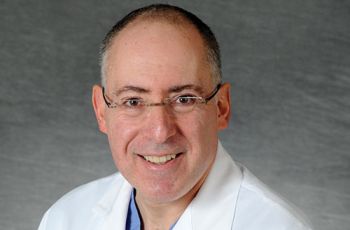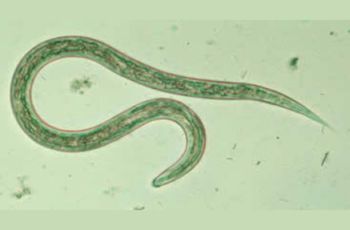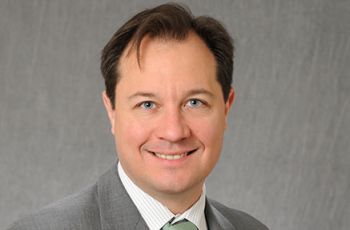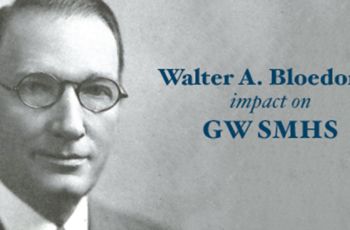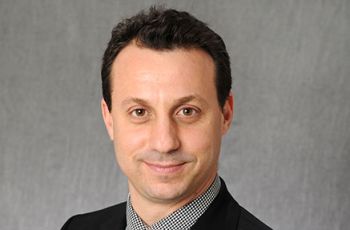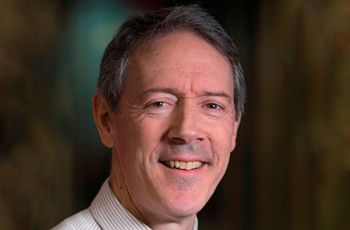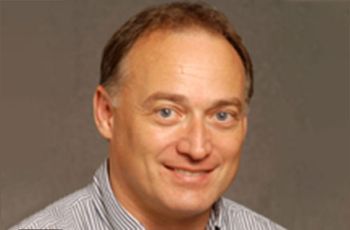News Archive
Jonathan Reiner, M.D., professor of medicine, was a guest on Piers Morgan on CNN to discuss his care and treatment of former Vice President Dick Cheney during his long battle with heart disease.
Dr. Jeffrey Bethony and Dr. David Diemert have received a grant to develop and test a novel, low-cost hookworm vaccine to help control human hookworm infection in endemic countries.
Jesse Pines, M.D., director of the Office of Clinical Practice Innovation and professor of emergency medicine and health policy, was recently published in the journal Academic Emergency Medicine for his paper, “Non-Emergency Department (ED) Interventions to Reduce ED Utilization: A Systematic…
The Washington Post's Capital Business covered a reception and book signing by former GW Board of Trustees member Eric Lindner, GWSB B.B.A. ’81, author of Hospice Voices: Lessons for Living at the End of Life.
Andrew Meltzer, M.D., assistant professor of emergency medicine, was featured on StreetInsider.com for his research, "The Cost-Effectiveness Analysis of Video Capsule Endoscopy Compared to Other Strategies to Manage Acute Upper Gastrointestinal Hemorrhage in the Emergency Department," which…
The Today Show (NBC) and ABC News featured excerpts from a new book, "Heart: An American Medical Odyssey" by Jonathan Reiner, M.D., professor of medicine, and his long-time patient, former Vice President Dick Cheney.
Jonathan Reiner, M.D., professor of medicine, was interviewed with his patient, former Vice President Dick Cheney, on 60 Minutes.
The Mercury mentioned an app created by Gerard Gioia, Ph.D., professor of psychiatry and behavioral sciences, for parents and athletes to help diagnose head injuries.
Scienceline featured a new study published in Journal of Virology finding that prednisone, doxorubicin and vincristine, three immunosuppressive chemotherapy drugs also used in managing bone marrow transplants and severe allergies, are capable of activating some of the most common herpes…
